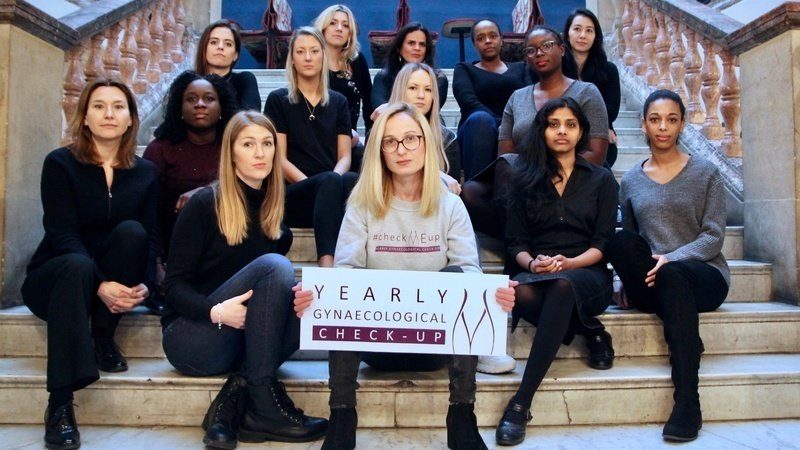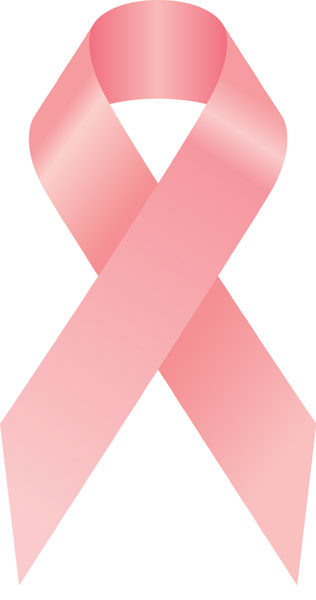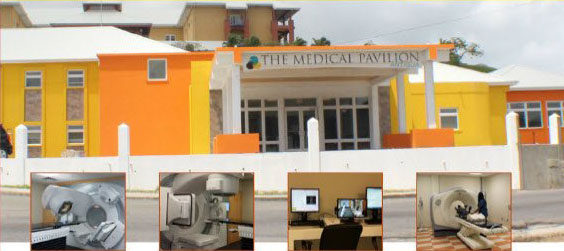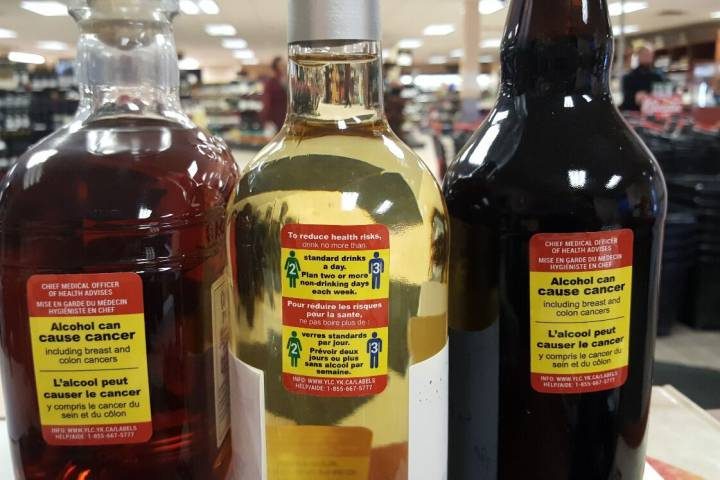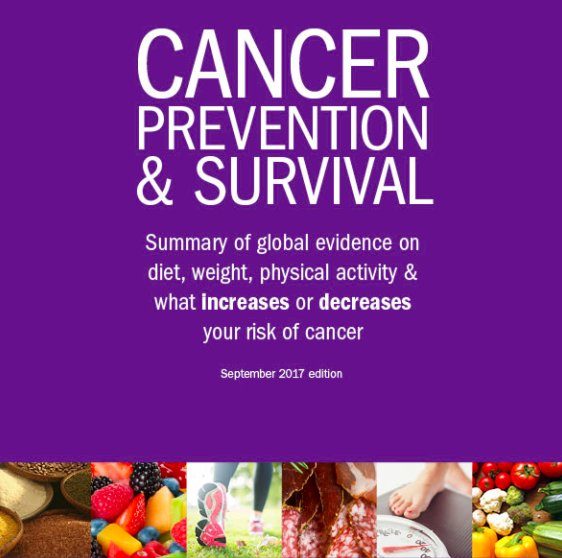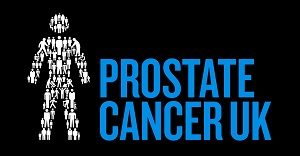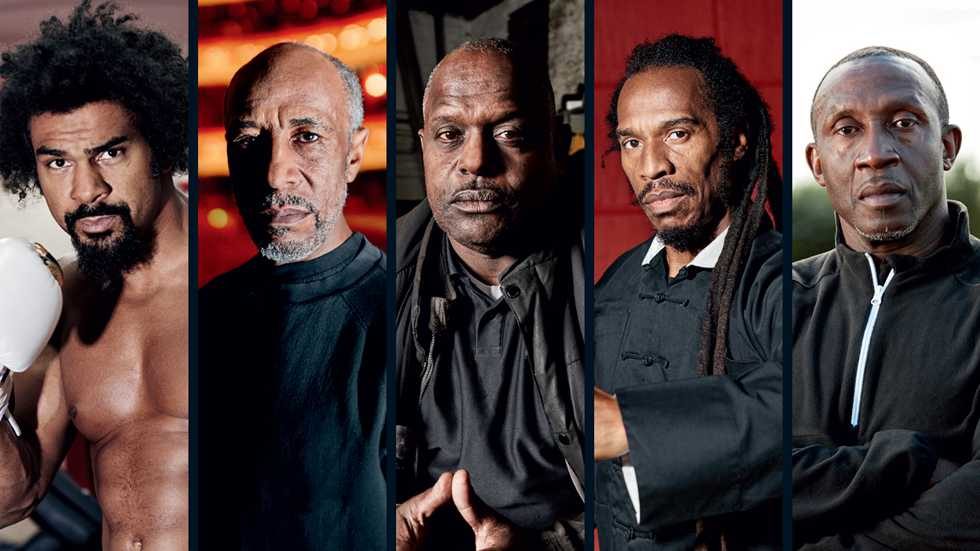Campaign Calls For Yearly Gynaecological Check-ups for Every Woman in the UK
Lake Health and Wellbeing is happy to support Dafina Malovska’s campaign calling on the UK’s Department of Health to introduce annual gynaecological check-ups for every woman in the UK. We believe a policy like this will save many lives by enabling the early diagnosis of gynaecological cancers that have no screening programmes – ovarian, womb, vulval and vaginal cancers.
Also, annual check-ups can assist in the early diagnosis of a range of conditions that significantly affect women’s quality of life, such as fibroids and endometriosis.
You can show your support by signing Dafina’s petition here and please read the article below to find out more about this issue.
At the age of 35, Dafina Malovska was diagnosed with stage 2 womb cancer which had spread to her ovaries. Her only option, at the time, was to have a total hysterectomy (the removal of her womb and both ovaries) which sadly deprived her of having her own children and plunged her into an immediate surgical menopause.
Dafina was lucky that her cancer was diagnosed at a fairly early stage and she survived, but many women are not so lucky and are diagnosed at a late stage when it is too late for successful treatment. The late diagnosis of these gynaecological cancers occur, in part, because there is no screening programme for most of these cancers.
Currently in the UK cervical cancer is the only gynaecological cancer with a screening programme and this has successfully reduced the incidence and mortality rates for cervical cancer.
Developing a cancer screening test is challenging and researchers across the world are working tirelessly to develop screening tests for those cancers that require one. Until then, when it comes to womb, ovarian, vulval and vaginal cancers, women have to be aware of the signs and symptoms, but this can be problematic as it can be hard to identify symptoms as the symptoms of these types of cancers are similar to a range of other conditions which can lead to misdiagnosis.
For example, in February 2014, before Dafina was diagnosed with womb cancer she started experiencing extreme bloating and visited her doctor almost monthly. Eventually her symptoms were wrongly attributed to gluten-related bloating and by November of that year Dafina became very unwell while abroad and it was subsequently discovered that she had 14cm tumour weighing 500g .
If Dafina had access to an annual gynaecological check-up her tumour could have been discovered earlier before it had spread to her ovaries.
In many countries throughout the world, girls and women have annual gynaecological examinations and it’s important that the UK explores this approach as its survival rates for gynaecological cancers such as ovarian cancer are significantly lower than other countries’ rates.
Change is needed and you can make a difference by signing Dafina’s petition which appeals to the Secretary of State for Health, Matt Hancock MP, and the Minister for Women and Equality, Penny Mordaunt, to explore the introduction of annual gynaecological check-ups for women in the UK.
The first target for this petition is 10,000 signatures and her ultimate target is 100,000. So far, Dafina has been able to secure 3,723 signatures. When her target is achieved, her petition will be presented to Matt Hancock and Penny Mordaunt.
Dafina would be very grateful if you could please sign, share and spread the word and for more information, you can follow her campaign on Instagram







